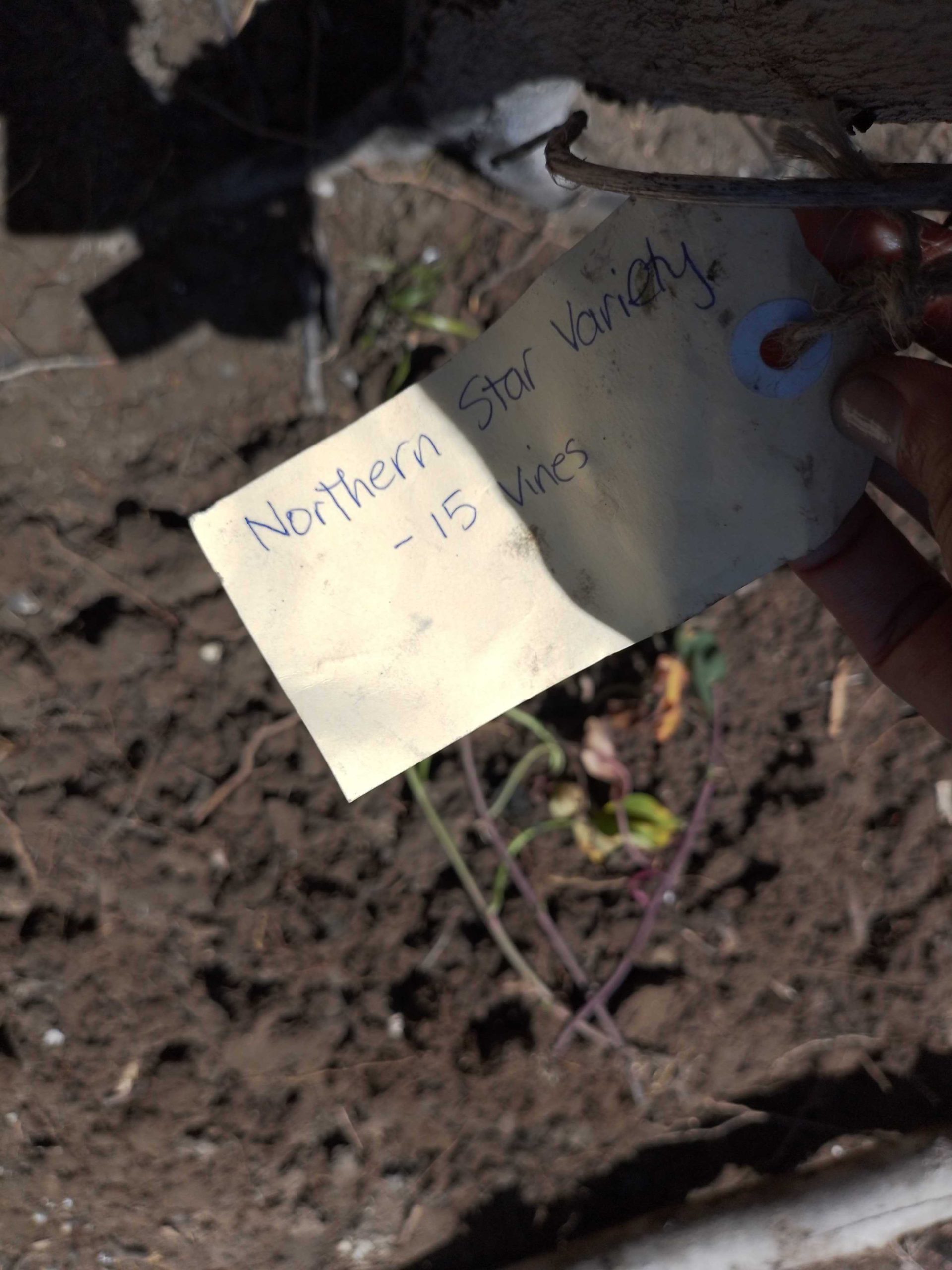Super spuds!
We’re putting a spotlight on spuds!
Did you know potatoes are one of the most important food crops in the world, with a rich history of cultivation that dates back to ancient civilisations? This crop is also a crucial food source for rural, low income communities due to its affordability, nutritional value and ability to grow in harsh climates. We’re travelling to our partners in Cameroon and Papua New Guinea to hear about their updates on community potato production.
Papua New Guinea
In Papua New Guinea (PNG) sweet potato is one of the staple crops, grown widely by many communities for consumption and income generation. Sweet potato is an important source of nutrition in PNG, particularly for rural communities where access to other food sources is limited. Unfortunately, sweet potato production in PNG also faces many challenges such as limited access to improved varieties, poor infrastructure, pests and diseases.
The National Agriculture Research Institute (NARI), a government agency in PNG responsible for conducting research and providing advice on agricultural development in the country, released two sweet potato varieties suitable for the Lowlands of PNG. These varieties have been developed to produce high yields while also being resistant to various pests and diseases that can affect sweet potato crops.
Cool Earth and our partners in PNG tapped into the opportunity provided by NARI to source 65 cuttings for four sweet potato varieties (two confirmed high yielding varieties with two promising varieties). These varieties have since been planted in a garden in our Sololo partnership. This planting site will serve as an observation plot where the high performing varieties cuttings will be distributed to other partnership communities.
Introducing high yielding sweet potato varieties to Cool Earth partnership communities will help increase production of this valuable crop. Therefore strengthening food security whilst also increasing income generation in the area.


A new variety of sweet potato is planted in Sololo
Cameroon
The cassava, a root vegetable and a cousin of the potato, is the second most important source of carbohydrates in sub-Saharan Africa and a staple food in Cameroon. However, limited access to infrastructure and training mean that cassava production can be low for many communities, putting their food security at risk.
In Mount Muanenguba, Cameroon, our partners CCREAD have been working with 20 local communities to improve sustainable cassava production in the area. Training sessions on improved cassava species cultivation were organised and cassava processing machines were distributed to each community. Currently 25kg per day of cassava is being processed into flour daily with the use of these new machines, as opposed to 1kg per week which used to be produced manually.
These cassava processing machines, maintained by locally trained staff, add value at the start of the supply chain, at farm level, by producing high grade cassava flour. This sells for 450% more than inferior handmade flour.
This programme helps to reinforce food security for these 20 communities, which is vital during a time where Sub-Saharan Africa is facing recurrent droughts and climatic disasters as a result of the climate crisis.
Donate here to support our partners in strengthening their food security, whilst promoting income generation in their area.
